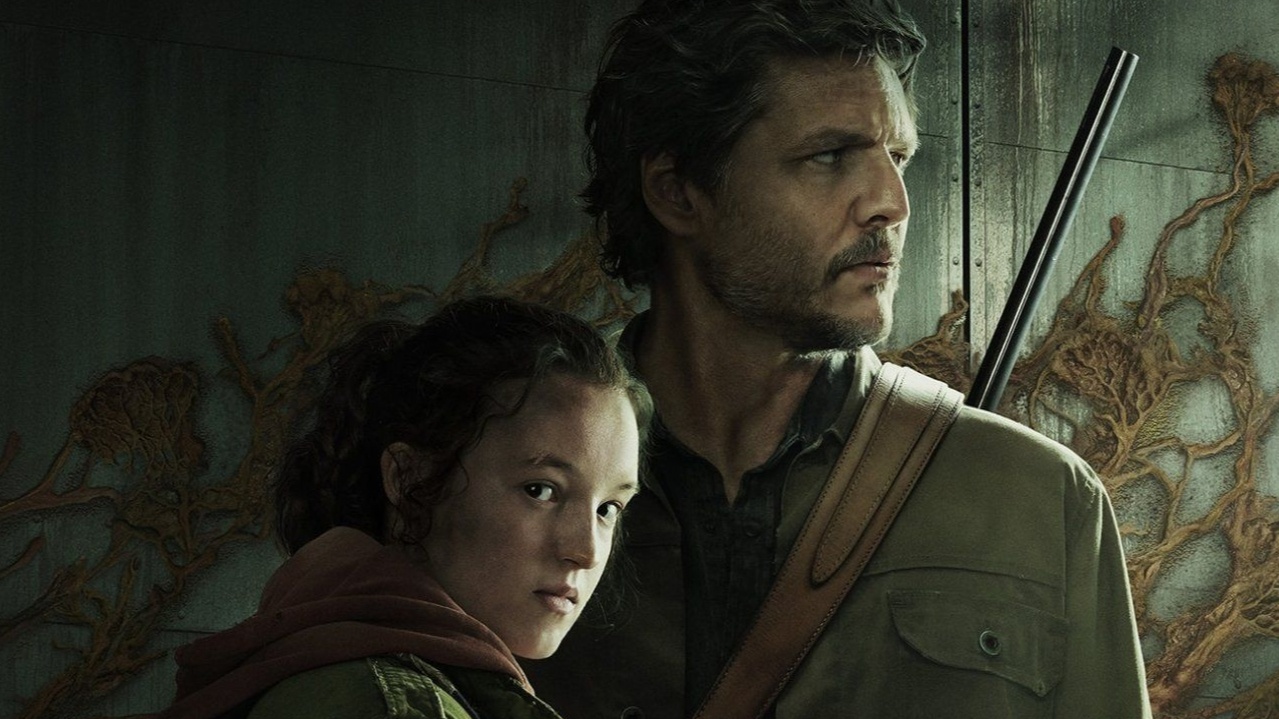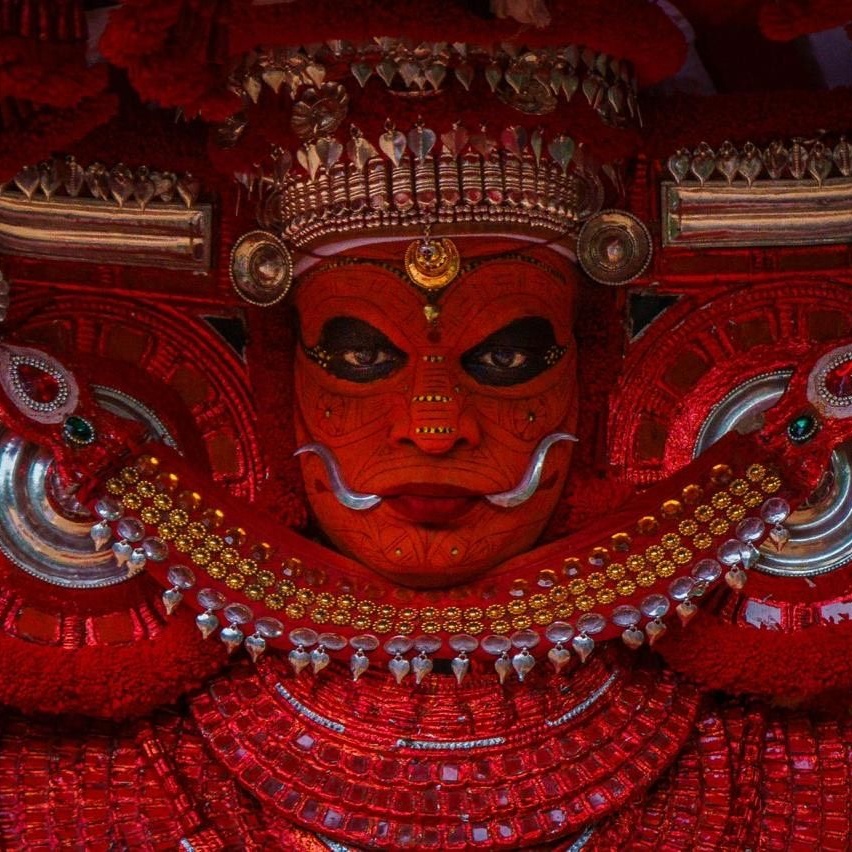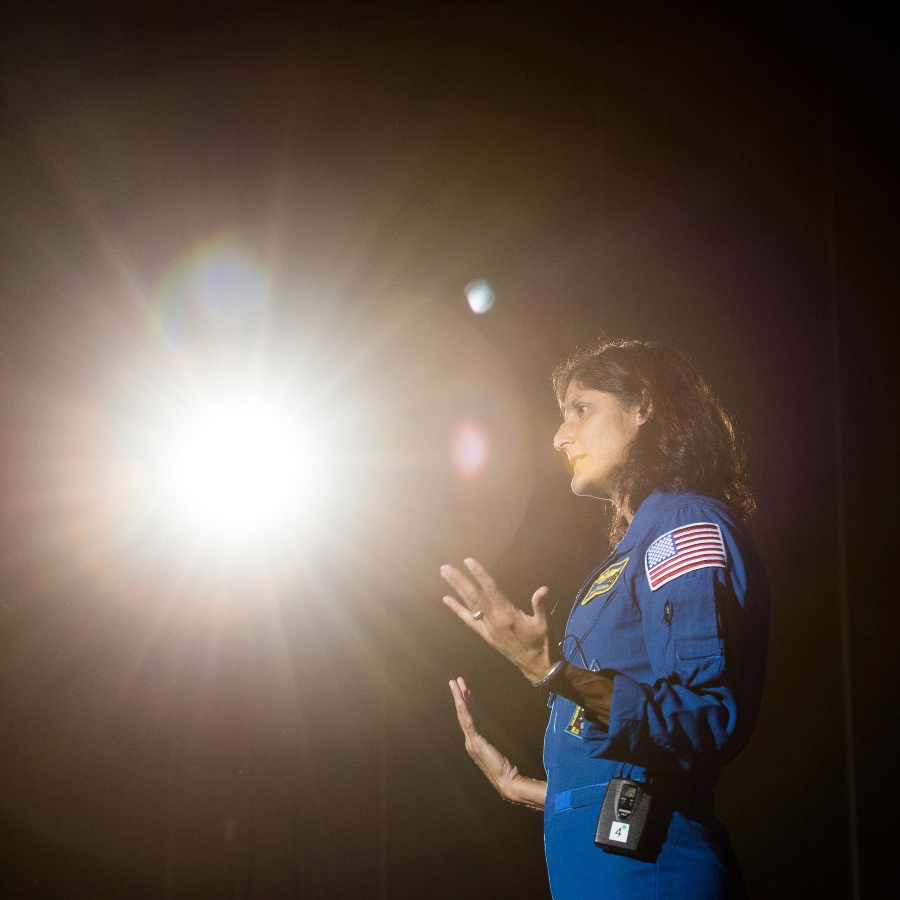Just last month, for one hot second, the internet was in grief. It felt like we were reliving the horrors of the Red Wedding—the brutal episode that shook Game of Thrones fans back in 2013. This time, we were watching The Last of Us season two, episode two. As a show based on a video game and clicker zombies brought us to emotional ruin, some remained smug over television’s biggest open secret. Those PS4 gamers? They saw it coming.
What began as a 2013 PlayStation game about Joel, a smuggler, and Ellie, a teenage girl (starring Pedro Pascal and Bella Ramsey in the lead roles) navigating a post-fungal apocalypse, has quietly turned into one of the best dramas on television today. And it’s no exception. Some of the most emotionally devastating, gorgeously crafted, pop-culture-shaking shows started life as video games.
Not so long ago, plot-driven shows meant stories that were most likely derived or adapted from books or comic books. These days, some of the most gripping story lines are sieved from video games. The Last of Us, the Emmy-winning post-apocalyptic drama streaming on JioHotstar, may not be the first, but it is the most impactful video game to turn into a show.
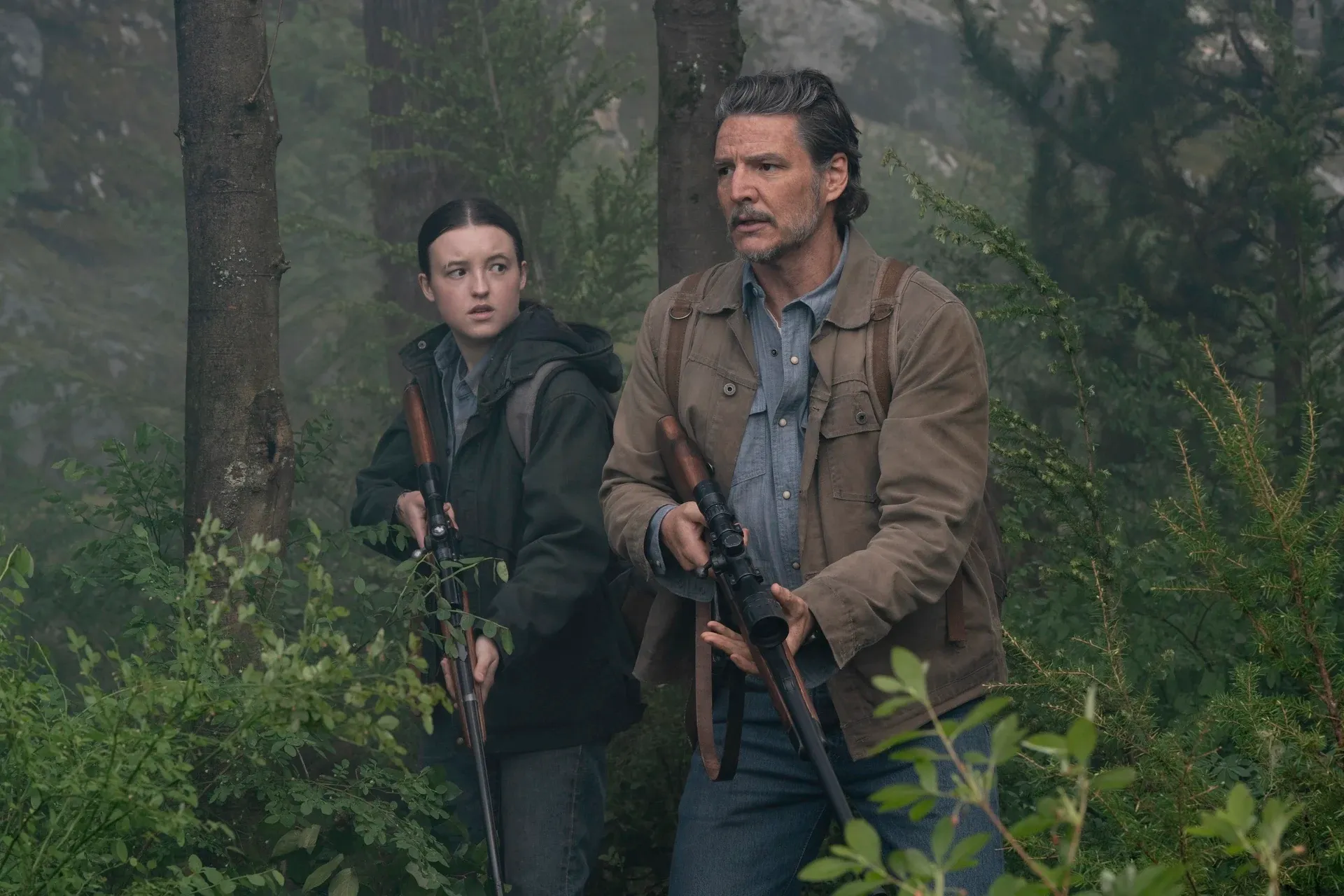
Still from 'The Last of Us' series, featuring Pedro Pascal and Bella Ramsey
Immersive for gamers, and original for TV audiences, the second season’s finale—a strong contender to the former’s IYKYK cycle—ends on a cliff-hanger that leads the viewers to now follow a new character’s timeline, mirroring the plot of The Last of Us Part II game. It’s a bold move for television, and one that not only stays loyal to the original but also demands emotional buy-in from newcomers. “Every other character is written as they should be and doing their part well, but when your protagonist Ellie is destroyed to shreds, it just ruins the entire show,” says 24-year-old Bengaluru-based Krithika Bhat.
What’s making streaming platforms, film studios and the entertainment industry at large to increasingly turn to PlayStation, Xbox and Nintendo for inspiration? For one, they are not the video games of your childhood. Once dismissed as noisy, shallow, button-mashing adventures, video games today have evolved into sprawling universes with layered characters, sharp dialogue, strong narratives, and entire emotional arcs built around found families, betrayals, and existential dread. So, the leap to television feels not only inevitable but also overdue.
In 2019, two years before Arcane debuted on Netflix, the successful television adaptation of role-playing game The Witcher had already made it amply clear to streaming giants that gamers and viewers were hooked to a new genre. Arcane continued to pave the path for video game adaptations.
Based on League of Legends (LoL), a 2009 multiplayer online game by Riot Games, the show turned expectations on their head. The lore had always been vague in-game, but Arcane expanded it with stunning animation, fully fleshed-out characters voiced by Ella Purnell (Jinx) and Hailee Steinfeld (Vi), and an emotional narrative intact. Players who had spent years on Discord dissecting champion backstories finally got the payoff they deserved. Everyone else? They got a visually electric, emotionally grounded fantasy saga. (ICYMI, season two’s soundtrack just picked up an American Music Award.)
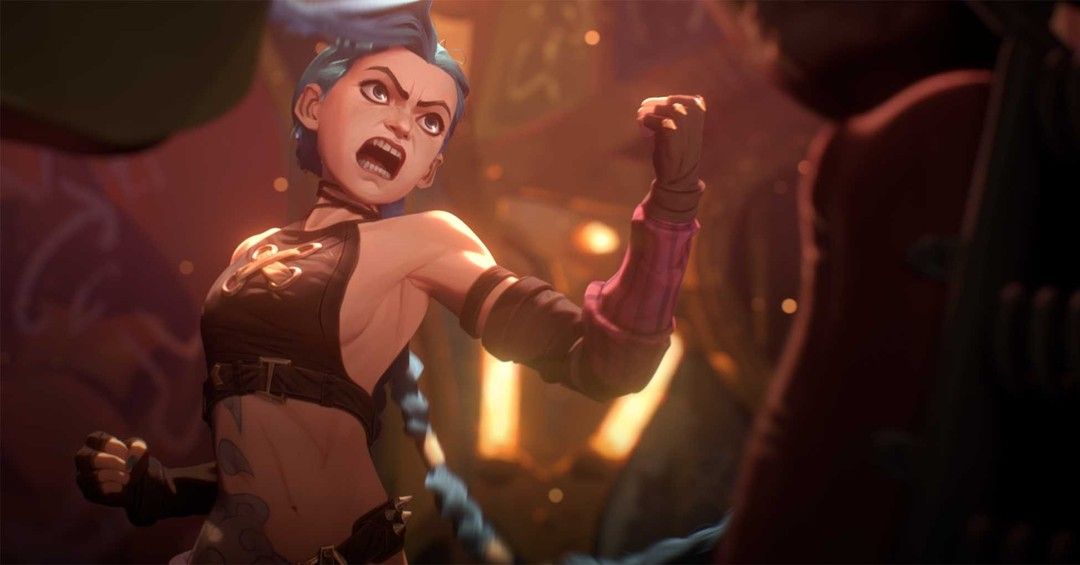
‘Arcane’, based on a 2009 multiplayer online game by Riot Games, debuted as a series on Netflix in 2021
“They had a tough task introducing the viewers to the expansive universe of LoL and managed it incredibly well. What I love is how it sometimes even has you rooting for the ‘villains’,” says 24-year-old gamer turned viewer Siddharth Maddula.
This current generation of video game adaptations has one thing in common: they know the assignment. They respect the game’s world-building and the emotional weight that fans like Maddula bring with them. Prime Video’s Fallout nailed this in April 2024 when, instead of rehashing the 1997 game’s storyline, it leaned into the franchise’s tone—equal parts bleak, unhinged, and satirical—and gave long-time players satisfying nods to mutated cockroaches and vault life while also delivering on the drama, thanks to Ella Purnell (Lucy MacLean) and The White Lotus star Walton Goggins (The Ghoul).
